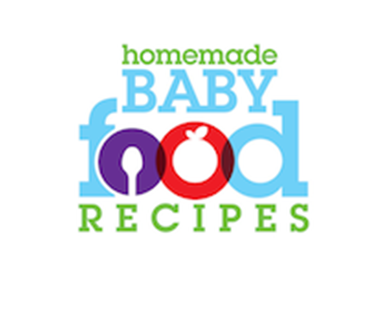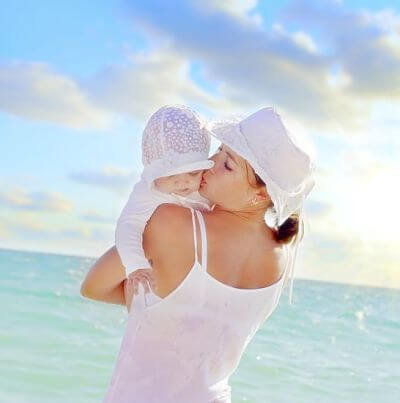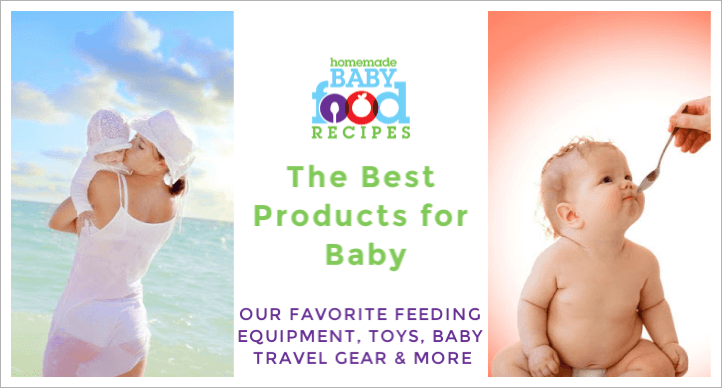Taking Baby Abroad
Updated: June 30, 2023
Although you may worry about taking baby abroad, a trip overseas with your little one can be a wonderful experience. Enjoy expanding your tiny traveller’s horizons!
Choosing A Destination
The main consideration here is that babies under 6 months of age can’t be given certain immunisations – the yellow fever vaccine is one example.
This means that destinations where exotic diseases occur may be unsuitable for a baby in this age group.
Seek specific advice regarding the necessary vaccinations from your doctor.
If you are considering a skiing trip, bear in mind that the creche facilities at ski resorts do not generally take babies less than 6 months of age, so you may wish to postpone a break of this type until your baby is older.
For babies older than 6 months, the world is your oyster!
You may want to consider local temperatures at your destination at the time you plan to visit, but with common sense and proper precautions there should be no barrier to enjoying any overseas trip with your baby.
Before You Leave
- Visit our main travelling with baby page for advice on what you’ll need to bring with you for any trip with your baby.
When you’re taking baby abroad, you may also want to pack a mosquito net, to cover his crib at night. - Make sure you are adequately insured for your trip – check you are covered in the event of your baby being unable to fly due to a notifiable disease such as measles, for example.
- If you will be staying in a hotel, contact them to find out if your room has a balcony.
If so, ask if it is safe for young children – if you are at all concerned, consider requesting a room without one. - Find out if socket/electrical outlet covers are provided where you will be staying.
If not, pack some to take with you, remembering that foreign sockets may be different in size and shape to those at home. - Ask if there is a cot/crib available for baby’s use if you’re not bringing your own travel cot or portable crib.
Beware of any misunderstandings – in the US, for example, a cot is a small bed and you need to request a crib.
- If your baby is formula-fed, look for the “Careline” telephone number on the container. Call and ask whether or not their particular brand is available in the country you’re visiting.
Bear in mind that some countries will not allow you to bring in any pre-mixed or “ready to feed” formula, but you may be able to bring a sealed container of powder. - If you plan to hire a car overseas, consider taking a car seat.
In some destinations, you may find that none are provided – or that you are offered an old, potentially dangerous seat.
Your Journey
Taking baby abroad – air travel
If possible, consider travelling by train or ferry.
Either of these are good options for taking baby abroad, as you are able to devote 100% of your attention to him and will have more room to move around.
Safety Tips
Fun in the sun
- Dress baby in clothing made of 100% cotton – this helps avoid prickly heat, which causes a red rash resembling tiny blisters.
- Protect your baby from the sun AT ALL TIMES.
Babies under 6 months should not be exposed to the sun at all.
Older babies can be exposed briefly, but avoid the sunshine between 11am and 3pm, when it is at its hottest.
Always use a high factor sunscreen and consider bringing a “sun pod” for use on the beach. (Click here to see a range of baby beach tents available in the US and UK).
Remember that heat can build up within the pod, so although your baby is protected from harmful UV rays, he is still at risk from prickly heat.
Do not use a sun pod for prolonged periods. - Breastfeed frequently to prevent dehydration.
If your baby is formula fed and aged 6 months+, you can offer a little extra water.
Skiing trips
- Babies are not allowed on the slopes, but after 6 months of age they are usually cared for within the resort’s creche.
Another option – if you can afford it – is to hire a nanny to come to your accommodation. - If you take baby outside, make sure he is warmly dressed in a snowsuit with a hood, hat and mittens.
- Ensure that baby is protected from the sun by applying a good sunscreen.
Visiting resorts at high altitudes
- Altitudes of less than 11,000 feet will not generally cause any problems for your baby.
- Try to ascend slowly, over a couple of days if possible. This gives your baby a chance to acclimatise to the new conditions.
- Ensure that baby is kept warm and offer frequent drinks.
- Very high altitudes can cause headaches, dehydration and nausea, due to the reduced amounts of oxygen and moisture in the air.
Other problems to look for include vomiting, fretfulness, or your baby’s refusal to feed. Seek medical advice should you have any concerns.
Your accommodation
One important consideration when taking baby abroad is that your accommodation may have solid floor tiles – these can be quite frightening to us parents if baby has just started getting around.
- Do not let him toddle around in his socks – he will be much more likely to slip over.
- Place lots of cushions/pillows on the floor to lessen the impact if baby falls.
- Watch out for spills, which are extremely hazardous on a tiled floor.
- Be very vigilant, particularly if there are any steps within your accommodation.
If your baby is mobile, you should also watch out for any balustrades which are far enough apart for your baby to become stuck, or for large, potentially dangerous floor-to-ceiling glass windows.
Water baby
If you are taking baby abroad to a warm destination, the time you spend with him in the water can be the best time of all!
Many pools in foreign resorts are unheated, though, so watch baby closely for any signs that he is cold – if so, then take him out straight away and dry him off.
If your baby is mobile, be very vigilant around water – consider using aqua shoes, which are ideal for poolside toddling and prevent slipping.
More safety tips for traveling abroad with baby
Feeding Tips
Visit the main travelling with baby page for advice on storing and heating baby’s food and milk during your journey.
When taking baby abroad, it’s nice to continue to give him food you’ve prepared yourself.
Jarred food can be convenient in this situation, but if your little one has always enjoyed homemade baby food, then he may not be willing to accept the commercial variety!
- Take a manual baby food mill with you – this makes it easy to prepare baby’s food wherever you are.
If you will have cooking facilities, you can cook fruits or vegetables for him as usual – if not, try preparing foods that don’t need cooking, such as avocado, banana, melon or tofu (depending on baby’s age, of course). - When overseas, use bottled water for washing and cooking your baby’s food.
You may have access to some new fruits and vegetables that weren’t available at home – if you cook these for baby, observe the four day rule as you introduce them, to prevent the risk of food allergies or digestive problems. - When taking baby abroad, it’s not a good idea to introduce him to more exotic foods, such as unusual cheeses or meats – they may make him sick.
Keep it simple. - If you plan on dining out with your baby, we strongly recommend bringing a portable high chair.
We once had a break in Spain with our 6 month old son and found that, while he was readily welcomed into every restaurant, not one of them had a high chair!
It can be hard to enjoy your meal with a wriggling baby on your lap – so for us, the travel high chair is an essential piece of luggage!
- Always check the temperature of your baby’s food or milk if you ask for it to be warmed – busy waiters will often overheat it.
Alternatively, bring foods that don’t need warming. - Bring your baby’s bowl and feeding utensils – many hotels and restaurants do not have bowls or cutlery suitable for an infant’s use.
- Check out this post from our blog which gives you some great ‘no cook’ homemade baby food options for whilst you’re away.
- If you are breastfeeding, it’s a good idea to check on how feeding in public is viewed in the country you’re visiting – Scandinavian countries, for example, are very liberal – whereas it would be unacceptable to breastfeed in public in a Muslim country.
Useful feeding accessories for travelling with baby
Taking baby abroad and sharing new experiences with him is very rewarding … and great fun!
We hope you and your baby enjoy your trip!


